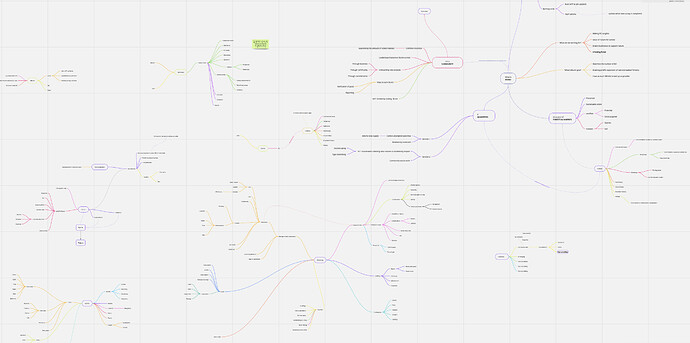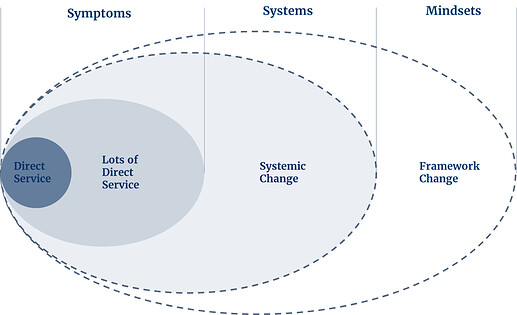Hey everyone, hey @owocki, I’m sharing an idea that I DM’d you about to leverage synthetic biology and web3 to help enable the idea of Impact Certificates. It aims to help solve the problem of making the certificates interesting/attractive in order to create a market for them, thus creating a virtuous cycle.
About us:
We are Grow Your Own Cloud (@_GYOC on Twitter) and we’ve been researching and developing DNA data storage in plants since 2018. We’ve won several international awards including from the UN and EU Starts Prize, presented our work at places like SXSW, Future of Everything, and Ars Electronica, and worked with companies including LVMH and Ginkgo Bioworks.
Our mission is to transform data centres from carbon creators to carbon absorbers. We envision a future where conventional data farms are linked to data forests that could help regenerate the planet and store data efficiently for centuries.
I’ve been keen to bring our work into the Blockchain/Web3 space as I have been a passionate advocate for the past 7 years. I invented a game called What The Block through which I’ve onboarded >1000 people to Blockchain through a game-based learning approach.
Now I think we’ve found the right reason and medium to bring our work as GYOC into this space. We’re working on a project that links Web3 and Synthetic Biology to create what we call Web🌳. The Project is called Non-Fungible Plants (NFPs).
NFPs:
NFPs are literally plants-based NFTs. We store data in Plants via DNA data storage and genetic engineering processes that you may be familiar with such as CRISPR. This is something that works, we have done and we are about to launch this as a green, carbon absorbing complement to conventional NFTs.
We have support from the biotech world - Ginkgo Bioworks, University of Washington and MIT. . and we are now immersed in the world of Web3 through Seed Club.
The Idea:
When an Impact certificate reaches maturity e.g. 40k Tons Carbon Removed from Atmosphere Impact Certificate; Signed by Gitcoin Governance, an impact certificate NFT is created. GYOC would also create an NFP - which is essentially a carbon absorbing and biodegradable NFT, as it is a plant.
The NFT/NFP would go to auction to create a liquid market for the certificate. We are currently developing an immersive online platform called NFP.Garden, which we could use to offer a beautiful garden experience to celebrate the Impact Certificate going on sale.
The auction winner(s) would receive ownership of the NFT and the NFP. The funds from the sale would go back into reinvestment on green activities and enhance R&D on green projects. We know that people in general love what we are doing with GYOC, and we think that an NFP sitting on a philanthropist’s desk is the perfect ‘Green Trophy’ for doing good.
Regarding governance, we would love to work with Gitcoin and other established players to think through the exact mechanics. One mechanism that seems plausible would be a gated community of token (NFT) holders, where a random subset of holders are delegated to verify each particular claim (Condorcet Jury system)
Making this a Reality:
As mentioned this tech already works, we have the team in place and partners who would love to work on this.
What remains to be done is building a link between the on-chain impact certificates and a physical plant-based twin that could serve as the ornamental green trophy.
Based on previous work, I would estimate something between $70k - $100k should be sufficient to get going with a first proof-of-concept. We would hope to receive a grant towards that amount from this Gitcoin call.
We would love inputs/advisory/contributions from people within the Gitcoin community, ReFi and public goods sphere to help work on this. For example on appropriate governance systems, and technology decisions. We want to build this collectively.
I’ve kept this relatively high level idea for brevity. I’m happy to go into further details especially on the science. Our project is highly generative so hopefully it sparks other creative ideas for positive change. In general I’d love to discuss this further and see how our tech might empower the idea of impact certificates and make them the ultimate Green Flex.

